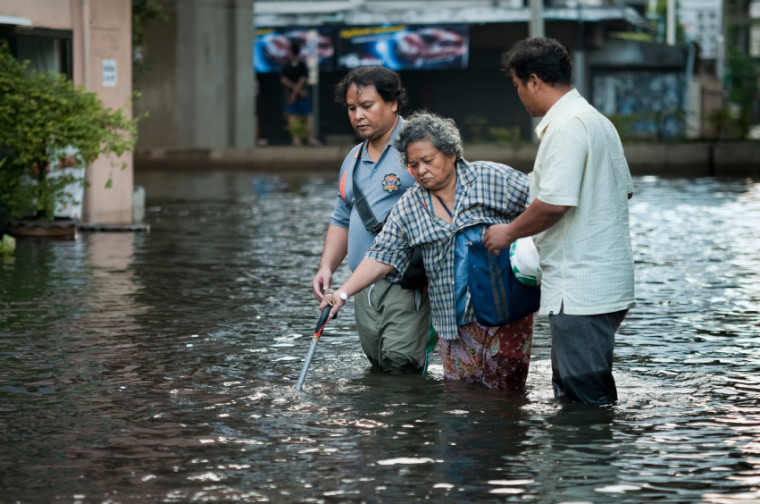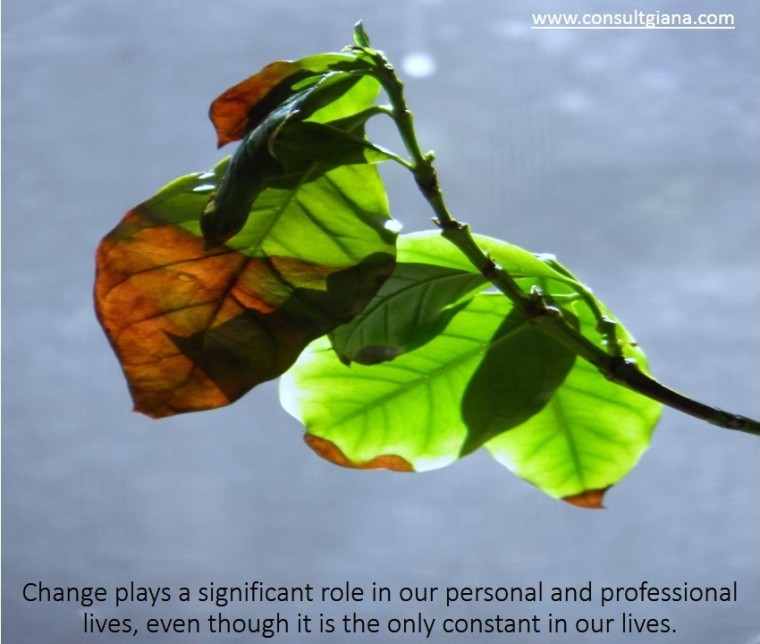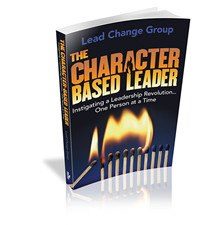This is part II in a series to examine how a Leader’s response to a crisis impacts the people and the organizations they lead.

Crises are more than LARGE-SCALE natural disasters and acts of hate.
Crises actually occur daily:
- As economies, regulations, technology and consumer needs CHANGE
- When dishonest leaders are in charge
- With an unexpected diagnosis
- The death of a loved-one
- The loss of a job
- The betrayal of a spouse
- The negative choices of a family member
- _________________________ (What else would you add?)
[Tweet “Crises can fuel creativity, develop synergy and produce life-giving results.”]
OR
[Tweet “Crises can implode trust, destroy lives and delay progress – For YEARS to come.”]
Below are several stories and lessons from others…
DOUBT & FEAR
“Around 1990 the executive team where I was working for an insurance company called department meetings to announce they were looking for a buyer for the company.
As much as I liked the men who led the company, they didn’t handle their communication effectively. Their presentation caused instant animosity, distrust, and speculation.
In the end the company wasn’t sold for many years. But the damage done way back then is still felt by employees today who were working there back then.” ~Jane Anderson
The oldest and strongest emotion of mankind is fear, and the oldest and strongest kind of fear is fear of the unknown. H. P. Lovecraft
THE IMPACT OF TRUTH









